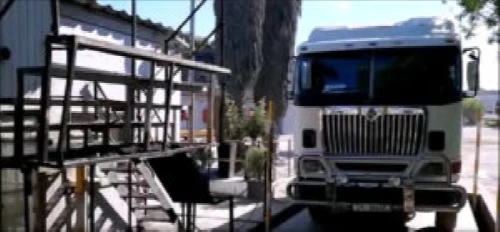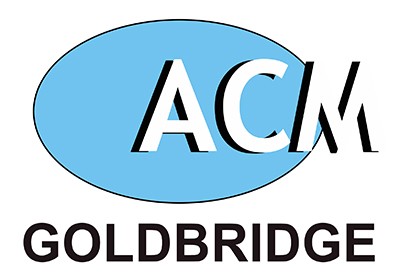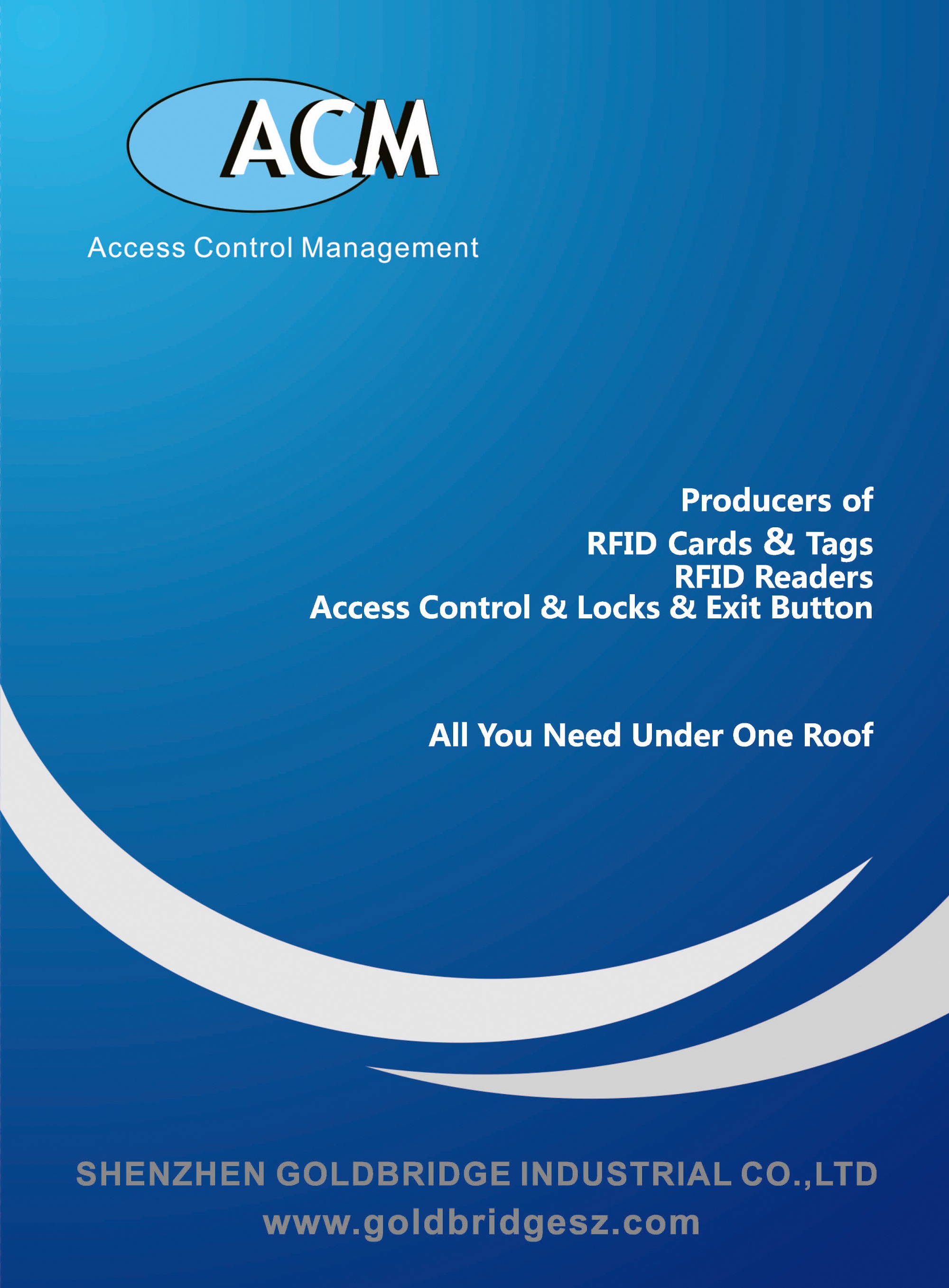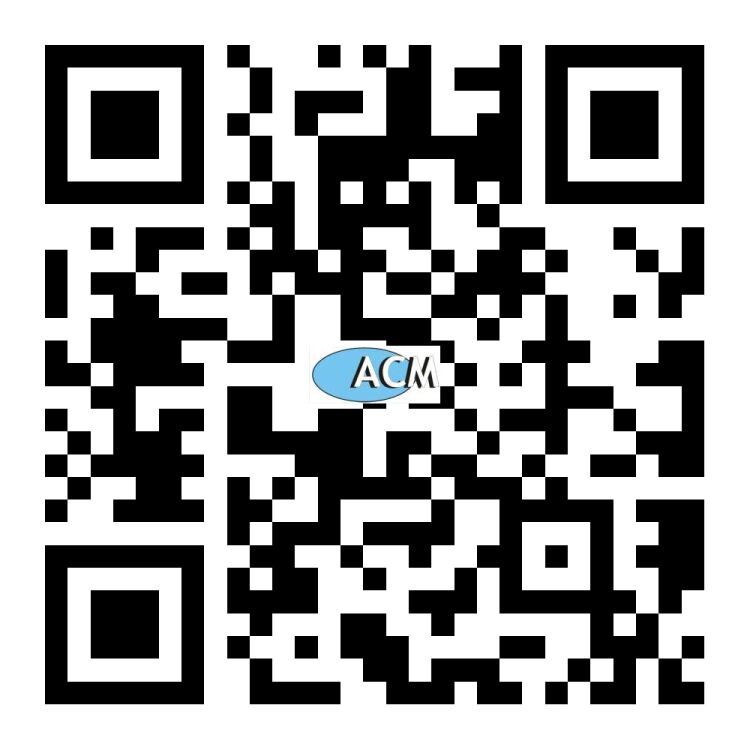RFID enables accurate collection of customer purchase data for African asphalt companies
This RFID solution is provided by South African integrator Milestone Integrated Systems. It can obtain the ID of each truck entering the site when it is weighed with no load, and then capture its ID again when it exits the site with a full load, thereby automatically recording which company purchased it Asphalt products, as well as the quantity and time of purchase.
The integrator first installed Keonn’s AdvantReader UHF RFID reader and Advantenna SP12 antennas at two Much Asphalt sites, and is expected to deploy RFID technology at all 16 sites later this year. Each truck entering and leaving the asphalt mixing plant is assigned a passive UHF RFID tag, which is affixed to the windshield and can transmit data to a reader installed on the weighbridge at the entrance and exit.
Much Asphalt claims that with this technology, it can solve human errors when manually entering trucks and their load data in company facilities.

Much Asphalt is the largest commercial asphalt producer in South Africa, owned by AECI, a provider of industrial application solutions such as mining and water treatment. Much Asphalt business analyst Brad Straiton (Brad Straiton) said the company has 16 factories across South Africa, mainly producing hot and cold asphalt products.
Generally speaking, builders and other customers enter the company’s premises to buy asphalt, and then bill based on weight. Stratton said that the traffic at each site is different. RFID technology was initially deployed at a site in Cape Town, where about 30 trucks enter and leave every day; the second pilot is also located in Cape Town and receives more data every day. Up to 170 trucks.
Before deploying RFID technology, the company used manpower to manually collect data. The weighbridge operator will identify each truck that enters and exits the company's facilities, and records the detailed information of the truck and the product information purchased, and then enters the above data into the computer system. However, the operator may make mistakes when manually inputting data, which may cause billing errors and cause losses to the company.
In addition, Much Asphalt also needs to improve the efficiency of the loadometer. Due to the large traffic volume of trucks at each station, the speed of traffic is important to avoid trucks from being crowded at the entrance.
To this end, the company began to cooperate with Milestone in 2019 to create a solution; and last year began a pilot at the first site to apply the label to the truck windshield, and the truck company’s detailed information was linked to the label in the software. Unique ID number. The company also uses a handheld RFID reader to debug each tag, and then apply it to the designated truck.
Much Asphalt installed two loadometers at the site, one at the entrance and the other at the exit. Each platform scale has a fixed reader and multiple antennas. Milestone used the existing structure to install the RFID antenna.
Jim Haantjes, Milestone's sales director, said the antenna's reading distance is adequate. When the truck enters the entrance, the driver will park the car on the weighbridge, where the antenna will capture their windshield tag ID. The reader then transmits the data to Much Asphalt's software, indicating that the specific vehicle has arrived. When the truck is weighed on the floor scale, the tag ID is associated with the weight of the truck, and the driver can drive in the truck after the weighing is completed.

After loading, the driver drives the truck onto the weighbridge at the exit, where the RFID tag will be interrogated again. The ID number is transmitted to the software along with the new weight of the truck, and the software will calculate the full weight of the truck. This command will prompt the system to create an invoice containing all relevant data. Stratton said the truck load at the first test site is usually between 7 and 10 tons.
Much Asphalt's software will automatically receive the truck ID data when driving on the entrance weighbridge after adjustment. The software automatically calculates all relevant information about purchased products, companies, billing addresses, truck ownership, and more. Khanterjie recalled that this posed a challenge for Milestone because the software needed to be configured to adapt to the RFID tag data read using Keonn software, and then the data was linked with the rest of the internal software process for the truck company. Create an invoice. "This part was done by software engineers at Much Asphalt."
Khanterjie said that the encoding of the RFID tags applied to each truck presents another challenge. Therefore, the company established a system to obtain the ID from the vehicle license plate and used Keonn's handheld reader to query the new tag being applied, thereby linking the license plate data with the ID number to create a record in the software. Keonn developed an application on a handheld reader to encode the truck's RFID tag based on the vehicle's license plate number. The IT department of Much Asphalt uses Keonn's application programming interface.
After extensive testing at the first site, the system began to expand to the second site to determine how RFID technology can be used in a wider range of scenarios. At the second test point, the load of each truck is usually between 10 and 14 tons. Both sites are close to Much Asphalt's headquarters in Cape Town. Headquarters employees will assist in checking RFID tests. According to Much Asphalt, since the solution was put into use, the data of on-site purchases of products has been almost 100% accurate.
Stratton stated that the system ensures that the correct information is automatically captured when the truck arrives at the weighbridge and eliminates human input errors, thereby preventing economic losses. The solution is currently working well and is expected to be promoted in 14 other sites in South Africa. "We are also looking for other ways to realize the advantages of RFID technology to further expand our business."
For more information please contact sales@goldbridgesz.com



